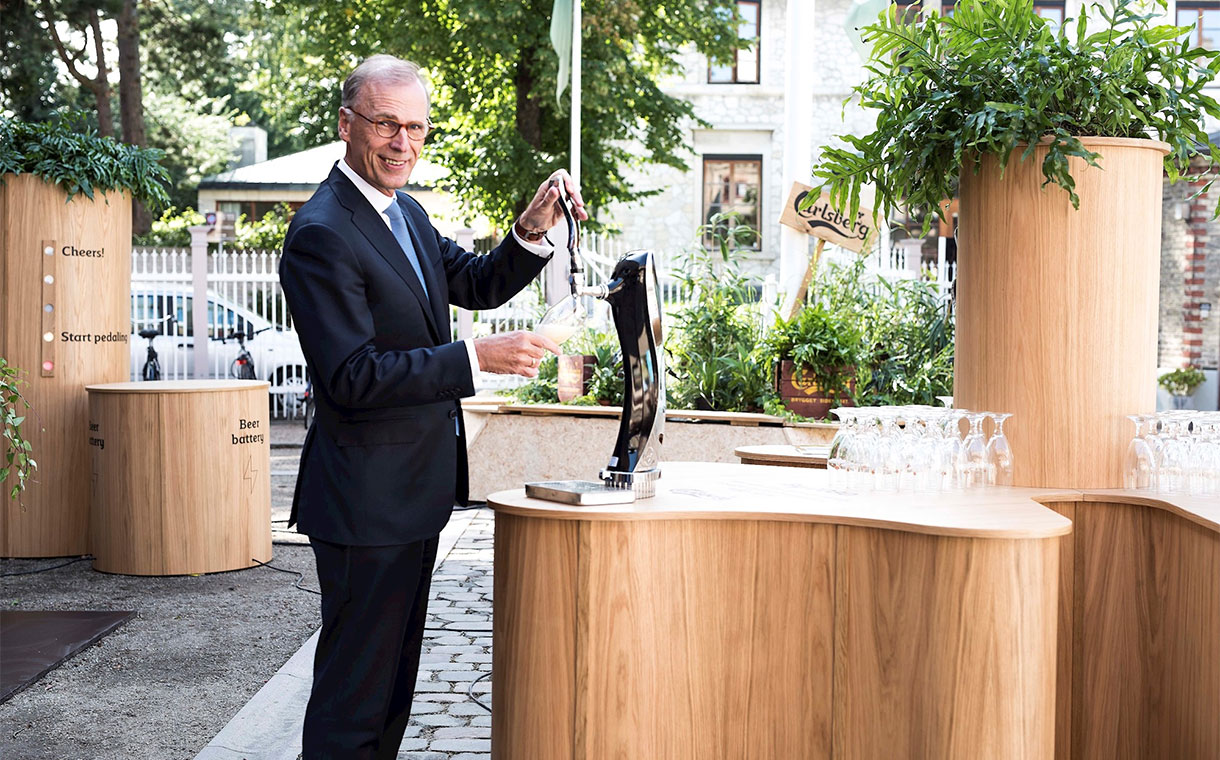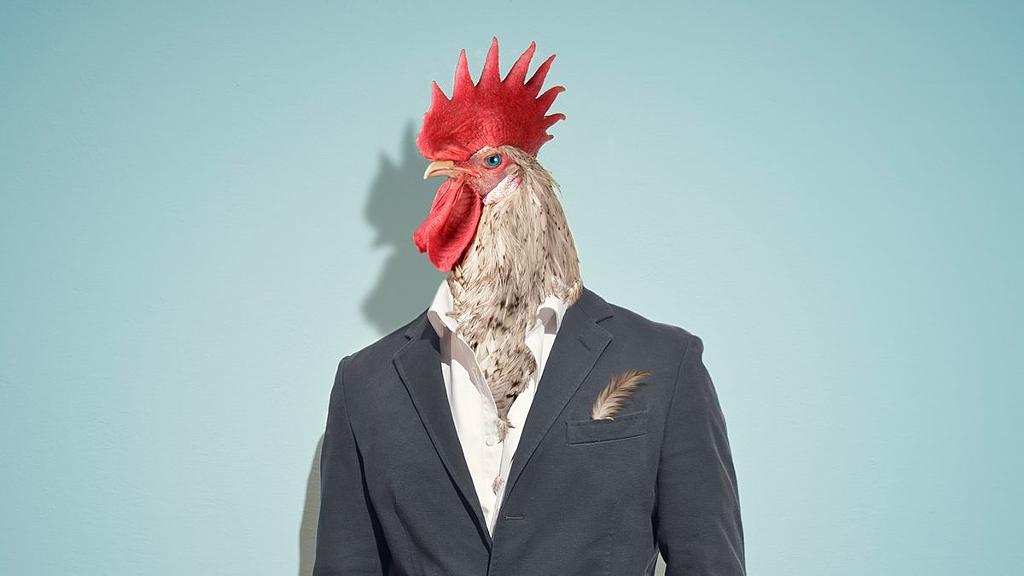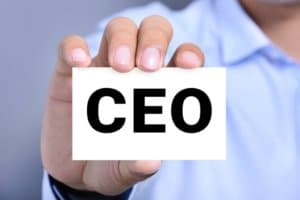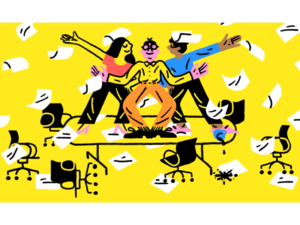Cees Hart, CEO of the Carlsberg Group, was given a key card by his assistant on his first day at work. Thanks to this card, when the new CEO gets on the elevator, he is directly on the 20th floor without stopping at any floor. He could go to his own room on the floor. His impressively designed office offered him a dreamy workspace when combined with the stunning view of Copenhagen. These are the advantages of his new position, which has touched on his strength and importance within the company.

Cees’ first two months were spent fulfilling his new responsibilities. But during those two months, he noticed that he saw very few people during the day. Elevator not stopping at other floors and 20. Only a certain group of administrators working on the floor caused this. Caes thought he rarely interacted with other Carlsberg employees, and He gave up his corner office on the first floor and decided to move to an empty desk in the downstairs common area.
When Cees was asked about these changes, he said:
“If I don’t meet people, I won’t know what they’re thinking. And if I can’t take the pulse of the team, I can’t lead them effectively.”
This little story is a good example of how a leader takes a professional path to avoid the risk of separation that comes with holding senior positions. And that risk is a serious problem for senior leaders. In short, the ranks rise as the leaders rise. So there is an increased risk of having or appearing to have a larger ego. The larger the egos of leaders, the greater the risk of losing contact with their colleagues, culture and customers. How is this happening now? Let’s analyze step by step.
As we rise, we gain more power. So when you rise, you get more acceptance, people listen more attentively to you, and they want to please you by laughing more at your jokes. These all tickle the ego. When the ego is tickled, it grows. Neurologist David Owen, former British Foreign Secretary, and Jonathan Davidson, Professor of Psychiatry and Behavioral Sciences at Duke University, call it the “arrogance syndrome,” which they describe as “powerlessness and power disorder.”
An uncontrolled ego can distort our perspective or cause us to lose our values. Jennifer Woo, CEO of Asian company Lane Crawford Joyce Group, backs this up with these words:
“Managing the ego-created desire for wealth, fame, and influence is a leader’s primary responsibility.”
When we get caught up in the ego’s desires for more power, we lose control. Ego makes us susceptible to manipulation; narrows our field of vision; and it disrupts our behavior. This often causes us to act contrary to our values.

Our ego is like a dartboard that we carry with us. And the larger it gets, the greater the risk of being shot. This makes it easier for others to take advantage of us. Our ego can become open to manipulation over time. This makes us predictable. When people realize this, they can play on our ego. Therefore, when we start to see ourselves as big, we start to make decisions that can harm ourselves, our people and our organization.
An inflated ego corrupts our behavior. We are more likely to be rude and selfish when we believe we are the sole architects of our success. This is especially true in the face of failures and criticism. An inflated ego in this way prevents us from learning from our mistakes and creates a defensive wall that makes it difficult to appreciate the lessons we avoid failure.
Eventually, an inflated ego narrows our vision. The ego is always looking for information that confirms what you want to believe. Basically, a large ego gives us a strong validation bias. Because of this, we lose our perspective and encounter a leadership bubble where we see and hear only what we want. We lose touch with the people we lead, the culture we are a part of, and ultimately our customers and stakeholders.
Avoiding this is an important and challenging task. It takes dedication and courage. Here are a few tips to help you:
1) Consider the benefits and privileges available to you in your role in the company. Some allow you to do your job effectively. This is of course great. But some are just for the benefit of supporting your condition and strength and ultimately your ego. Consider what privileges you can give up.
2) Support, develop and work with people who do not feed or play with your ego. Hire smart, idealistic people.
3) Humility and gratitude are the building blocks of selflessness. Get into the habit of taking a moment to thank the people you work with at the end of the day. This helps you develop a natural sense of humility, seeing that you are not the only reason for your success.
If we let our ego dictate what we see, hear, and believe, we have allowed our past success to undermine our future success.
Related Content: Why You Should Be Ego-Free and Humble For A Good Life and Success












